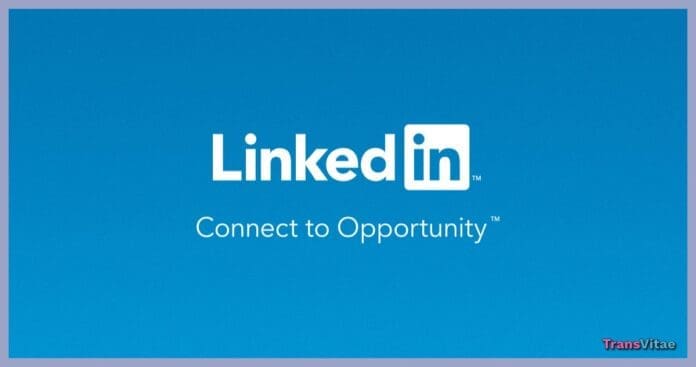Late in July 2025, LinkedIn made a stealth change to its Hateful and Derogatory Content policy: references explicitly banning misgendering and deadnaming of transgender and nonbinary individuals were removed from its English-language guidelines. This revision, effective July 28–29, was flagged by Open Terms Archive before being confirmed by multiple LGBTQ+ media outlets.
Previously, LinkedIn’s policy listed misgendering or deadnaming as a clear example of prohibited hate speech. That wording is now gone. Although broader statements still prohibit “attacks, denigration, intimidation, dehumanization, incitement, or threats” toward individuals based on gender identity and race, the removal of the specific phrasing weakens enforcement clarity and visibility for transgender safety protections.
Under its Harassment and Abusive Content policy, LinkedIn also previously cited negative targeting based on “inherent traits like race or gender identity.” That clause has been edited too, with “gender identity” removed from the definition. The new wording references only “perceived gender” in the context of disparaging appearance, again offering less specific shelter for transgender users.
Why It Matters
Misgendering (addressing someone by a pronoun that doesn’t align with their identity) and deadnaming (using a former name after someone has chosen a new one) are recognized forms of identity erasure. These actions are not only deeply invalidating, but when repeated or malicious, they can contribute to serious emotional distress. LGBTQ+ advocates emphasize that such protections are a recognized best practice in content moderation policies.
Leading LGBTQ+ organizations, including GLAAD, denounced LinkedIn’s decision as “a dangerous betrayal” and part of a troubling trend among tech platforms, including Meta and YouTube, that have recently rolled back similar protections.
In statements to the media, LinkedIn maintained that personal attacks based on identity, including misgendering, still violate its harassment policy. But critics argue this is doublespeak: without explicit language in hate speech sections, enforcement becomes murky and moderation guidance less precise.
Voices from the Community
Trans creators and influencers on LinkedIn expressed outrage. Nate Shalev shared that the change makes “being trans online… harder,” stressing that platforms have reversed progress in safety over the past decade. He reaffirmed his commitment to stay visible and supportive, to build community on platforms that don’t protect trans dignity.
Similarly, trans man and LinkedIn Top Voice Liam Paschall condemned the move: no announcement, no transparency, just silent removal of protections. He implored LinkedIn to reinstate the language, arguing, “What you allow, you endorse. What you remove, you erase.”
What You Can Do
- Advocate for change: Reach out to LinkedIn, via social media, email, or public letter campaigns, and demand the reinstatement of explicit protections for misgendering and deadnaming.
- Amplify trans voices: Repost and highlight creators like Nate Shalev and Liam Paschall who are speaking out, and support broader online organizing.
- Elevate awareness among allies: Monitor policy shifts across platforms and ask employers and DEI teams to ensure platform-specific safety measures for transgender people extending beyond vague identity language.
Policy language isn’t just symbolic. It shapes the way platforms moderate content, train moderators, and address reports. When protections for targeted forms of hate speech vanish, even quietly, they send a signal: transgender identity becomes “negotiable.” That’s not professionalism, it’s harm.
LinkedIn and Microsoft widely promote inclusive values. But actions speak louder than statements. Deleting explicit protections undermines trust and safety for trans professionals who rely on this platform to build careers and communities.
The Bottom Line
This isn’t just academic. The rollback aligns with broader legislative and cultural attacks on transgender rights in the U.S. A coordinated “all‑of‑government” approach has eroded protections across healthcare, education, immigration, and public access.
For trans folks, allies, and families, these shifts matter deeply. They impact whether we can show up authentically and safely in spaces, from LinkedIn to the office to the grocery store.
Trans safety is not optional, and we are not expendable.
At TransVitae, we pledge to hold platforms accountable and continue amplifying voices that demand dignity, respect, and explicit protections wherever identities intersect with policy.


